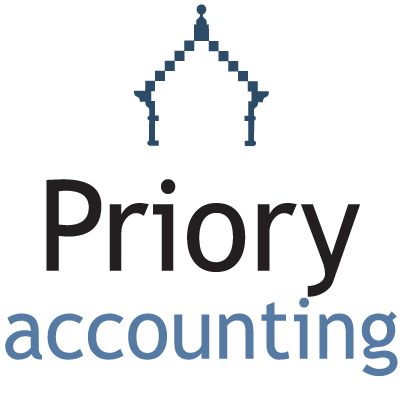Are you at risk of a SEISS penalty?
If you are self-employed or in a partnership then you probably used the Self Employed Income Support Scheme (SEISS) in recent months, to help you through the lockdown period until your business could ultimately reopen.
SEISS has been invaluable under coronavirus, but, as always, some will have tried to abuse the scheme and HMRC recently set out how they intend to penalise those who have knowingly misused SEISS.
We advise that anyone who has used SEISS should now look again at the claim they made to consider whether it was excessive or even, with hindsight, inappropriate. Clients have until 20 October 2020 to notify HMRC of any excess – or 90 days after receipt of the grant, if that is later.
If there is any excess to repay it will need to be repaid in full by 31 January 2022.
If after October 2020 HMRC deem your grant to have been excessive or inappropriate – and you have not registered this fact with HMRC by 20th October – then you face the possibility of a severe penalty, which could be in addition to having to repay the full amount paid to you under SEISS.
If you took advice from us before claiming, and applied in line with our advice, then your grant should be deemed appropriate, but you can contact us if you have any concerns.
But clients who acted without taking initial advice could now find themselves vulnerable to penalty charges. And if you want to defend any grant received then HMRC will want to see evidence that you took advice from an appropriately qualified adviser. In fact, if HMRC believe the claim you made was excessive, or fraudulent, and you did not seek out professional advice first that will be viewed as a deliberate act; and it will be penalised.
Ignore this at your peril!
Remember, if you act now then you can avoid any penalty: if you did not know you were ineligible for the grant when you received it, then HMRC will only charge a penalty if you have not subsequently repaid the grant before 31 January 2022.
If you now think a claim might have been more than was justified then Information on how and where to notify HMRC can be found HERE.
Partnerships need a special mention here. The guidance makes it clear that an individual partner who kept the SEISS payment personally, will be the only party pursued for repayment of that grant, interest, and any penalties. But if any partner knew that they were not eligible for a grant and that grant was then paid into the partnership:
- any penalty for the failure to notify the excess or inappropriate nature of the grant will be calculated on the basis of a deliberate and concealed behaviour by ALL partners
We can finish on one piece of good news: assuming you decide that some voluntary repayment is necessary it doesn’t need to be repaid now by a lump sum. Recovery of the amount overpaid can be added into your next tax assessment and spread over the period to 2022.
As always, if in doubt, get in touch.




